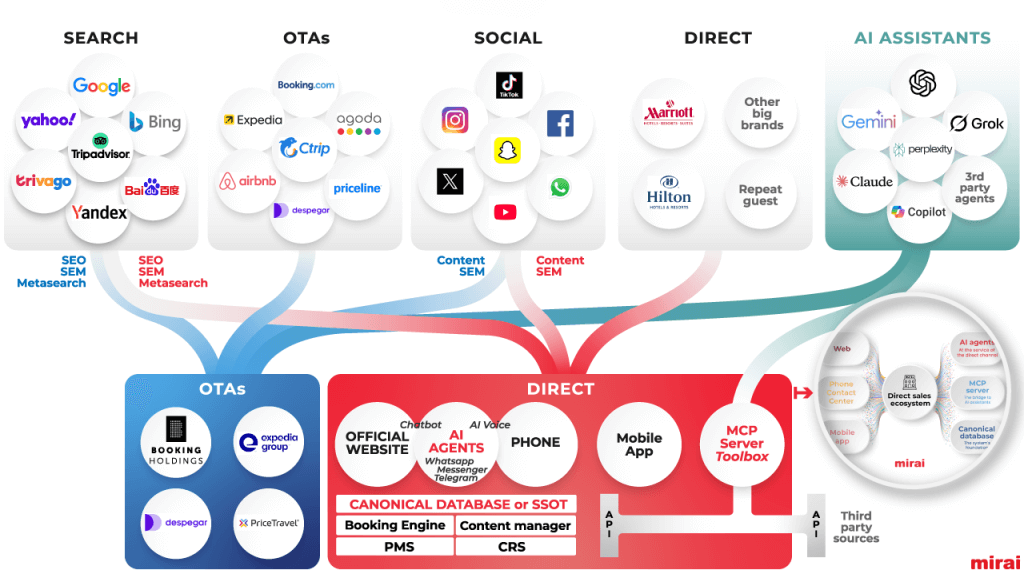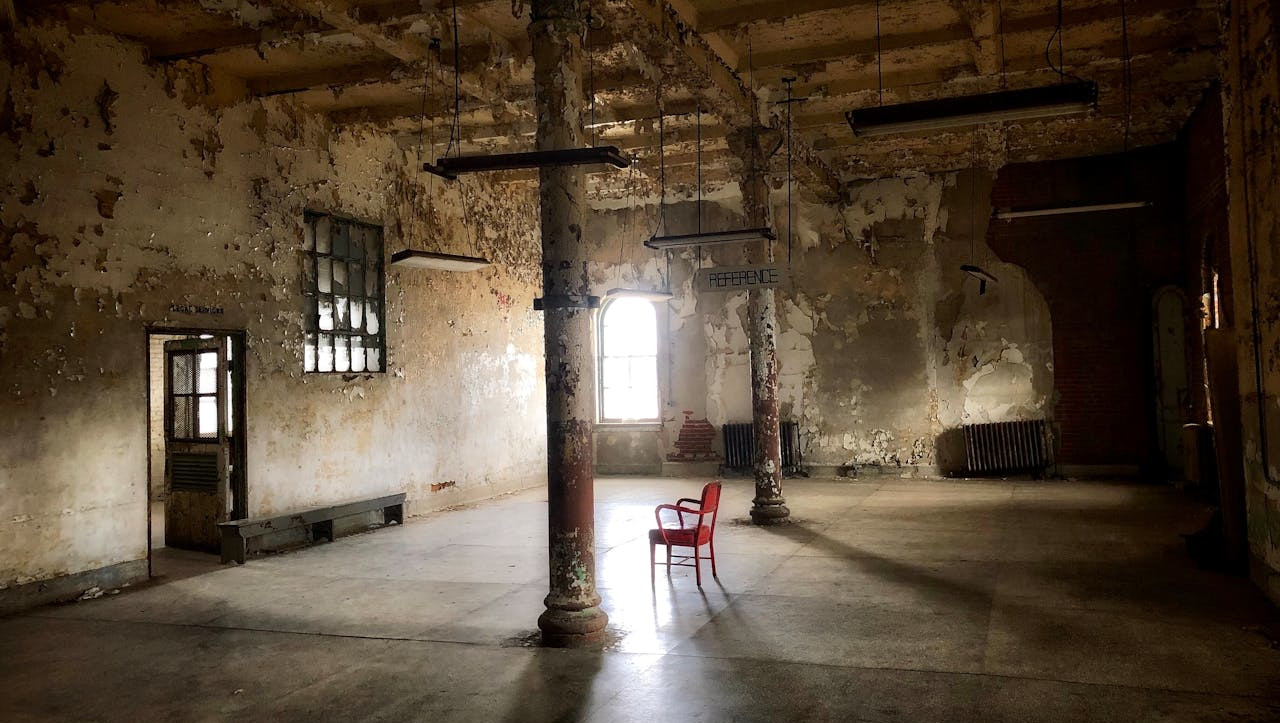
For hotel owners and operators alike, the annual budget is often a gruelling and time-consuming process.
NB: This is an article from HotStats
This year, with persistent inflation, added pressures on cost control, and uncertainty about the economy, the process is as fraught as ever. Are there ways to make the 2024 budgeting process more streamlined and efficient?
Subscribe to our weekly newsletter and stay up to date
For insights and advice, HotStats reached out to leading hospitality experts around the world.
1. Start Early but Submit Late
Hoteliers often complain that the budgeting process seems to start earlier every year. This is especially true for large hotel groups with multiple approval levels. In fact, many hotel teams already started planning for 2024 months ago.
“With my team, we start very early preparing and managing the timeline, working back from the delivery date to owners all the way to conceptualising what we’re going to do,” said Neetu Mistry, chief commercial officer at Cycas Hospitality. “We generally try to start this around May or June. So, we’ve got enough data for the early part of the year, but also enough time to take into consideration when the budgets need to be delivered toward the end of the year as we have to manage this across multiple owners across 54 hotels. For the later part of the year we rely heavily on our current forecasts to build the numbers for the following year as well as up-to-date market and industry forecasts and trends.”
Starting early doesn’t necessarily mean submitting early, however. “A lot of management companies start their budget process in August, and there’s already a great margin of error when you’re trying to forecast the next few months,” Joe Pettigrew, chief commercial officer of Starwood Hotel Asset Management, told us. “By the time January rolls around, the margin of error has only gotten greater. So, we try to finalise our budget as late as possible now. Obviously, under certain circumstances it’s not possible, but where we can we try to do it late in the year.”
2. Create a Strategic Plan
“Planning is critical,” said Elena Ladisova, vice president of Brookfield Asset Management. “Set yourself enough time ahead with the different phases of budgeting, deliverables, and accountabilities… Have a roadmap to the submission date and plan who’s doing what and by when and how, outlining the process and deliverables… This will help to get to the end of the process in a more organised and smooth way.”
For Pete Sams, chief operating officer of Davidson Hospitality Group, the budget process is a chance to step back and create a big-picture strategic plan. “The strategic plan is more critical to me than the budget,” he said. “It speaks to where we’re going, how we’re going to get there, where we belong in the marketplace, and how we are going to improve our standing and generate the results that we aspire to. The budget serves as the financial support behind that plan.”
Mistry recommended combining a realistic, bottom-up approach with a visionary, optimistic, top-down approach. “Especially when you’re working with multiple owners and stakeholders, it’s important to do a couple of scenarios in terms of unknowns and assumptions because there’s always an upside case and a downside case.”




